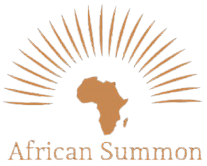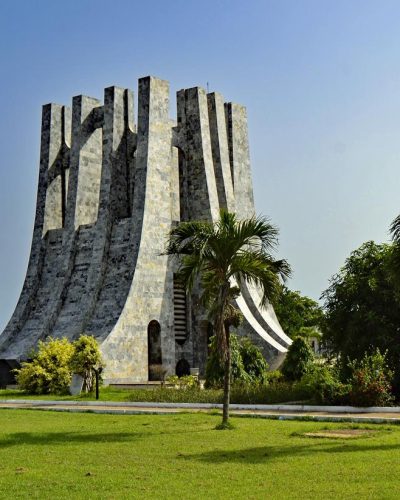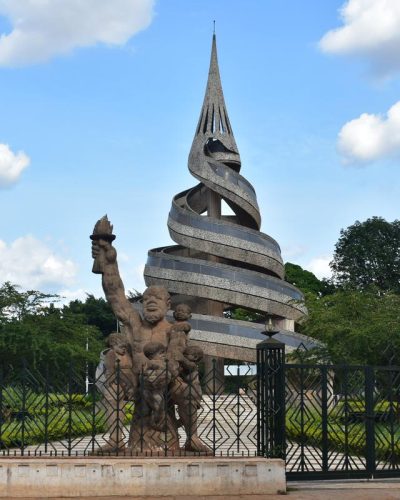An African Connection
An immersive cultural tour experience of African life and culture
Trip To Cameroon / Trip To Ghana
Subscribe To Our Newsletter
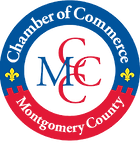
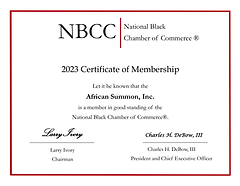
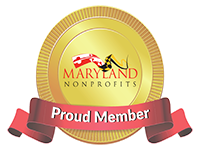
African Summon
Through its educational and cultural programs, African Summon offers an opportunity for all to join in the rediscovery of Africa and its essence. So you can help to make the world richer as you take this with you, everywhere you go.
Quick Links
Contact
Email: cs@africansummon.org
Phone: 240–994–0047
Hours of operation :
Monday - Friday 11AM - 4PM
1451 Rockville Pike, Ste 250
Rockville, MD, 20852
Legal Links
- Support Us
- Privacy Policy
- Gift Policy
- Terms of Service
- Terms of Use
- Copyright
Secured with SSL
A USA 501 © (3) Nonprofit Organization
Copyright ©2021 - 2023, AfricanSummon. All Rights Reserved.
